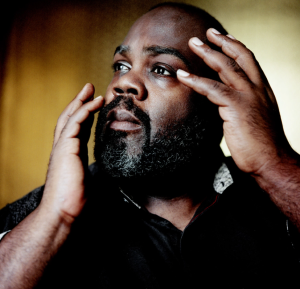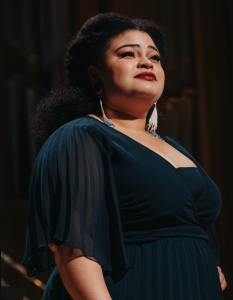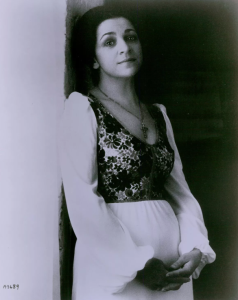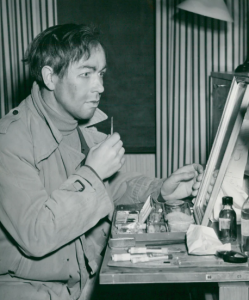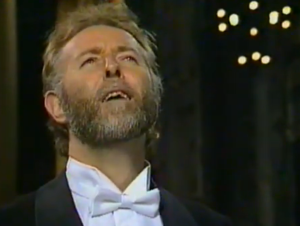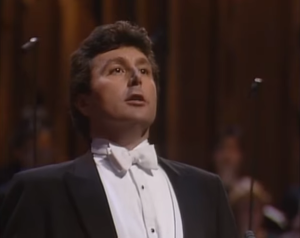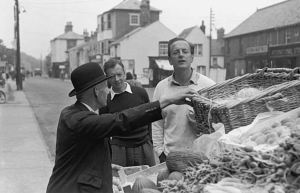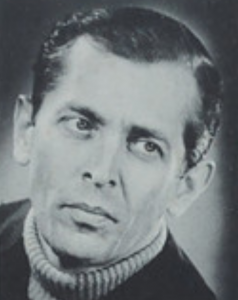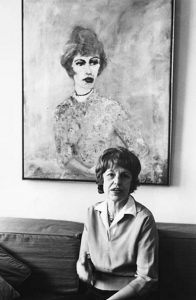Podcast: Play in new window | Download (Duration: 1:31:33 — 89.7MB) | Embed
Subscribe: Spotify | TuneIn | RSS | More
The earliest selection on last week’s Elisabeth Söderström episode featured the soprano at 24 singing the title role of Madama Butterfly. In that live recording, we also heard as Sharpless her compatriot the baritone Hugo Hasslo, to whom I introduced my listeners last fall. Today I dive a little bit deeper into Hasslo’s extant recordings. Considering what a great singer he was, and how his reputation has merely grown with the passage of time, it’s shocking how rarely Hasslo recorded in the studio. Therefore the majority of this episode consists of live recordings, from as far back as Hasslo’s operatic debut in 1940 as Guglielmo under the baton of Fritz Busch, through to his performance as di Luna alongside Jussi Björling’s final operatic appearance in Sweden twenty years later. Along the way we hear excerpts from Rigoletto, Il tabarro, Yevgeny Onegin (or should I say Eugen Onegin), Il trovatore, and… Porgy and Bess (?!?!). I also include a sample of the singing of Hasslo’s teacher, the Scottish tenor Joseph Hislop to show that the apple did not fall far from the tree! Other singers appearing on the episode include Sena Jurinac, Einar Andersson, Sigurd Björling, Eric Sædén, Margareta Hallin, Arne Tyrén, Aase Nordmo Løvberg, Apollo Granforte, and a surprise visit from last week’s subject, the transcendent Elisabeth Söderström.
Countermelody is a podcast devoted to the glory and the power of the human voice raised in song. Singer and vocal aficionado Daniel Gundlach explores great singers of the past and present focusing in particular on those who are less well-remembered today than they should be. Daniel’s lifetime in music as a professional countertenor, pianist, vocal coach, voice teacher, and journalist yields an exciting array of anecdotes, impressions, and “inside stories.” At Countermelody’s core is the celebration of great singers of all stripes, their instruments, and the connection they make to the words they sing. By clicking on the following link (https://linktr.ee/CountermelodyPodcast) you can find the dedicated Countermelody website which contains additional content including artist photos and episode setlists. The link will also take you to Countermelody’s Patreon page, where you can pledge your monthly or yearly support at whatever level you can afford.

